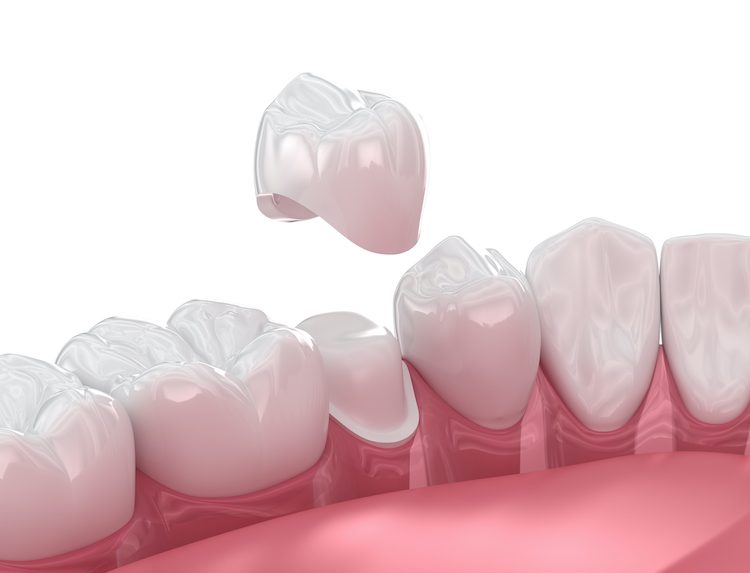Dental health remains a cornerstone of overall well-being. Dentists often recommend dental crowns for various reasons. They could provide both functional and aesthetic benefits. Understanding these reasons helps patients make informed decisions about their oral health.
Restoration of Damaged Teeth
Teeth endure wear and tear over time. Damage can occur from decay, injury, or grinding. These issues compromise the tooth’s structure. Dentists use crowns to restore these damaged teeth. Crowns provide a protective cover, often preventing further deterioration. They could also restore the tooth’s function and appearance. . A well-fitted crown is designed to mimic the natural tooth’s shape and size. This attention to detail supports both functionality and aesthetics.
Strengthening Weak Teeth
Weak teeth pose significant risks to oral health. They can crack or break under pressure. This can lead to severe pain and further complications. Dentists recommend crowns to strengthen these vulnerable teeth. Crowns encase the entire tooth, providing structural support. This reduces the risk of fractures. Patients often experience improved chewing efficiency and comfort. A crown acts like a helmet for the tooth. It absorbs and distributes stress evenly. This protective measure helps ensure the tooth withstands daily activities. Patients often benefit from a durable solution to their dental concerns.
Supporting Dental Bridges
Dental bridges replace missing teeth. They rely on adjacent teeth for support. Dentists use crowns to anchor these bridges. Dental crowns offer a stable foundation, ensuring the bridge remains secure. This stability often enhances the bridge’s longevity and effectiveness. Patients could benefit from improved oral function and aesthetics. A well-supported bridge helps restore the natural alignment of teeth and prevent shifting that can occur with missing teeth. This alignment supports proper bite function. Patients could experience enhanced comfort and oral health.
Improving Tooth Appearance
Cosmetic concerns often drive dental crown recommendations. Discolored or misshapen teeth can affect self-esteem. Dentists may use crowns to improve tooth appearance. Crowns could cover imperfections, creating a uniform look. Patients may enjoy enhanced smiles, boosting their confidence in social settings. A crown could transform a smile dramatically and provide a consistent shape and color. Dentists match the crown to the surrounding teeth for a natural and seamless appearance. Patients often feel more confident in professional and personal interactions.
Protecting Teeth After Root Canal Treatment
Root canal treatments often save infected teeth. However, treated teeth become fragile. Dentists recommend crowns to protect these teeth. Crowns shield the tooth from further damage. This protection helps ensure the tooth’s longevity. Patients could maintain their natural teeth longer. A crown provides an additional layer of security. It often prevents bacteria from entering the treated area. This reduces the risk of future infections. Patients could enjoy peace of mind knowing their tooth remains safeguarded.
Customization and Durability
Dental crowns offer customization to meet patient needs. Dentists tailor crowns to match the patient’s natural teeth for a seamless appearance. Crowns also offer durability, lasting many years with proper care. Patients could benefit from a long-lasting solution to dental issues.
The customization process involves careful planning. Dentists consider the patient’s bite and jaw alignment. This attention to detail ensures the crown functions optimally. A well-crafted crown can last over a decade with good oral hygiene.
Brilliant Smiles Family Dentistry offers comprehensive dental care. Our team provides expert guidance on dental crowns. We help patients achieve optimal oral health. Contact us today to schedule a consultation and learn more about your treatment options.

